Collaborating for a Better Community
Interview with GFN President Bae Seung-soo
As a new year sets in, we set for ourselves new hopes, new wishes, and new resolutions. This year the Gwangju International Center (GIC) – through the Gwangju News – and the Gwangju Foreign Language Network (GFN) have decided to join hands in a closer collaboration for the benefit of our communities. To this end, we start a series of upcoming articles with this interview with the President of GFN, Mr. Bae Seung-soo.
Gwangju News (GN): Thank you for taking the time to do this interview with the Gwangju News, President Bae. First, please introduce yourself to our readers by telling us about your background and about GFN. Also, how long have you been president of GFN?
President Bae Seung-soo: Greetings. I am Bae Seung-soo, president of the Gwangju Foreign Language Network. I took office in November 2018 and have been with GFN for more than two years now. I have been working in the local media industry for more than 30 years, starting as a reporter for Gwangju MBC and serving as the head of the Gwangju Viewers Media Center, and I have been interested in GFN since its opening. I stepped into the GFN presidency with the idea of making GFN an organization that will play a new role in the local media.
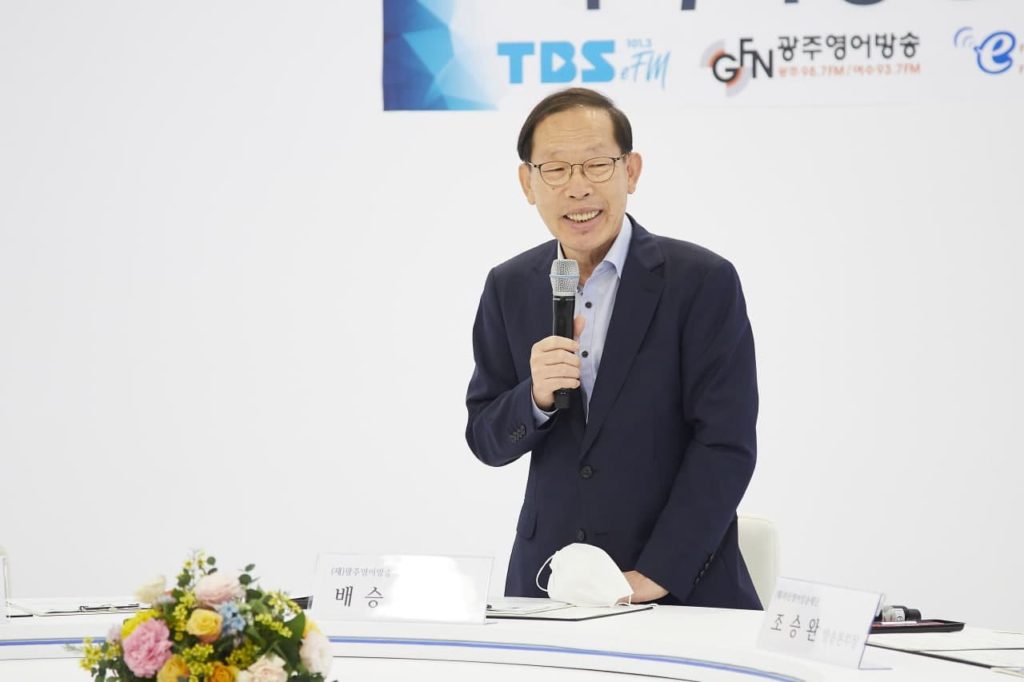
GN: Please describe your main roles as the president of GFN.
Bae Seung-soo: I have the role of representing the broadcasting company externally. My position as president implies performing external affairs on behalf of GFN as well as making final decisions on matters of major importance. Since the position of president is non-executive, there are some limitations in terms of roles and authority, but as I represent the institution, I work with a sense of responsibility and dedication.
GN: In recent years, podcasts and music streaming services have become increasingly popular. As a medium, what can radio broadcasting offer that these other services cannot? In short, how can radio stay relevant?
Bae Seung-soo: GFN is a comprehensive radio station that produces programs of various genres such as news, current affairs, culture, and entertainment. Through its various programs, we provide information to foreigners residing in Gwangju and South Jeolla, and opportunities for Koreans to improve their language skills. Moreover, in case of an emergency or disaster, we deliver the news to the residents in various languages so that everyone can be informed in real time.
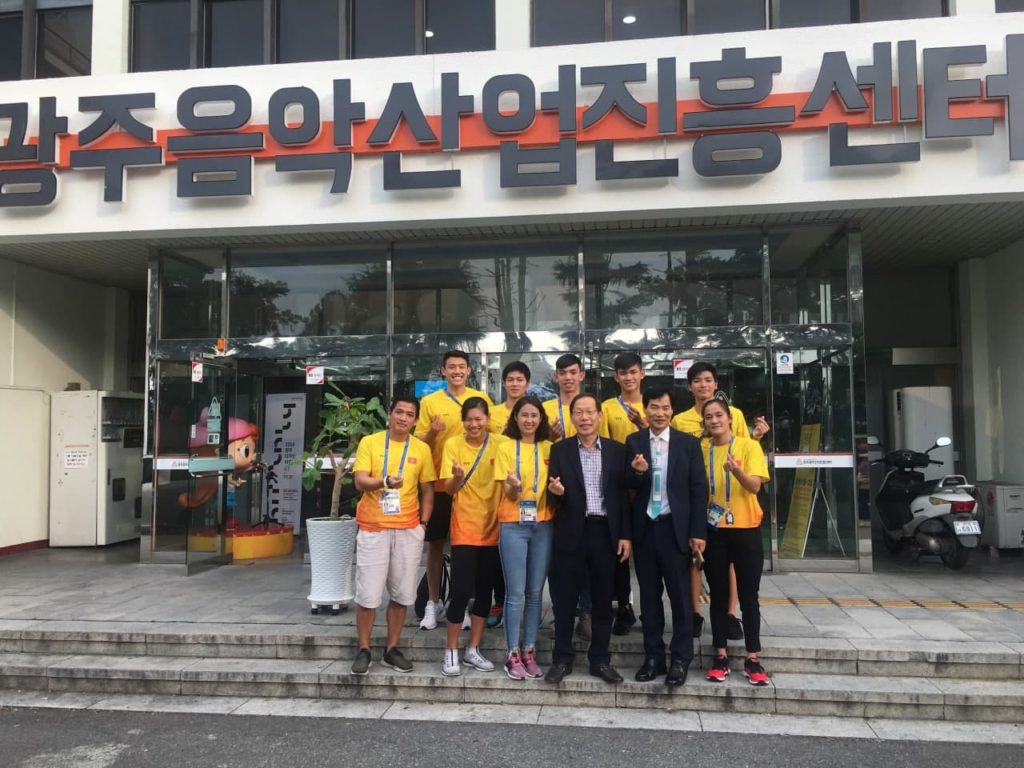
Radio is a more accessible medium to the public than any other. Therefore, radio is a medium that reflects people’s opinions and preferences, which makes it a medium for public debate. Particularly, in GFN’s case, it is easy to produce content for listeners without borders, emphasizing its importance as a medium that increases the nation’s competitiveness in the rapidly changing media market.
GN: How does GFN serve both the Korean and expat communities, and what are the challenges faced in doing this? How does GFN maintain a positive relationship with the Gwangju community?
Bae Seung-soo: GFN offers various information, culture, and entertainment programs for foreigners through English, Chinese, and Vietnamese programming. We are trying to deliver information that foreign communities want through more detailed content areas such as legal issues and medical information in addition to news relating to daily living.
In order to maintain a positive relationship with Gwangju’s citizens, we conduct an annual listening behavior survey and reflect it in the production of content preferred by Korean and foreign listeners. In recent years, requests for bilingual programs have increased, so we are partially reviewing the production of programs in both Korean and foreign languages. As such, GFN listens to the voices of our Korean and international community listeners and actively considers them.
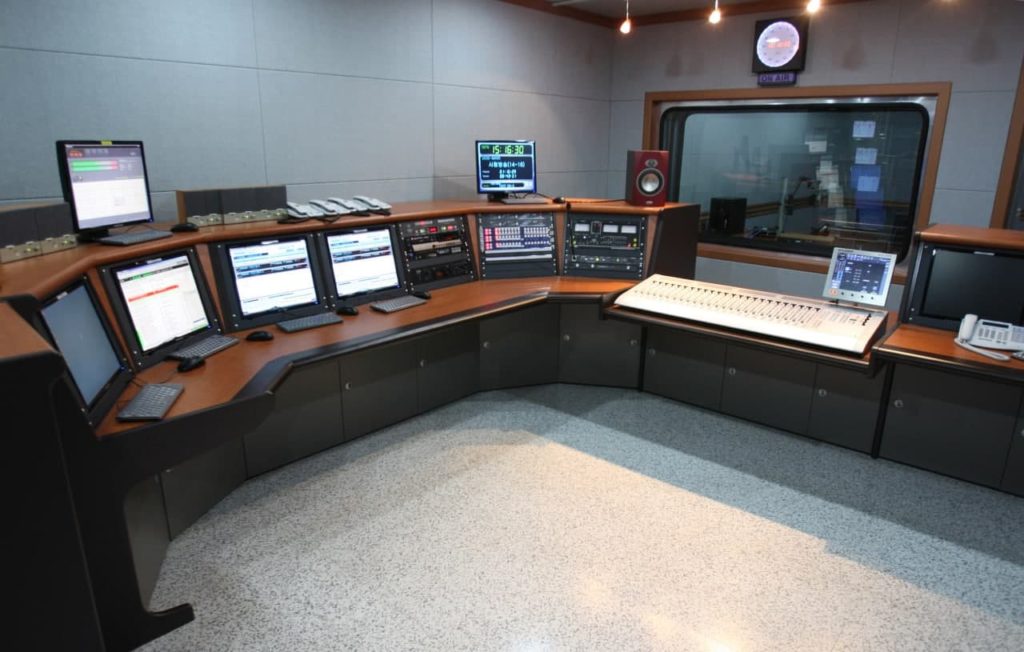
GN: What plans is GFN making or considering to broaden its future? In particular, what is GFN’s vision for 2021?
Bae Seung-soo: Firstly, in line with the social-distancing era, we are expanding to new platforms using new media. We plan to strengthen new media contents through the development and expansion of SNS programs such as YouTube, Naver Audio Clip, and Facebook.
As a public broadcaster, we are committed to our responsibilities as well in 2021 by preparing for during-COVID and post-COVID broadcasting, and other emergency situations. We will continue to upload COVID-19-related information, such as daily status reports from Gwangju City Hall on real-time SNS, and deliver it quickly through broadcasting. At the same time, we will work harder to deliver public interest news so that local foreigners can obtain quick and accurate information in the event of a national crisis or natural disaster.
Furthermore, we are planning to transform GFN into a more citizen-friendly radio station by broadcasting bilingually. By increasing the proportion of Korean language in the programming, we will try to make broadcasting that can be more convenient and friendly to citizens by airing simultaneous programs in English and Korean, Vietnamese and Korean, and Chinese and Korean.
GN: Yes, that will be more listener-friendly. I am interested in how COVID-19 has impacted GFN’s activities. Can you elaborate on this?
Bae Seung-soo: Due to COVID-19, many outdoor events, such as the GFN House Concert, quiz events for international students, and trot music festivals for foreign residents, have been canceled during the past year. I deeply regretted that we could not make a program in which we could communicate with all our listeners. Next year, we will be capable of communicating with our listeners in various ways online and through non-face-to-face events.
GN: GFN and the Gwangju News are both committed to serving the expat community in the Gwangju-South Jeolla area. In what ways do you think our two institutions can cooperate or collaborate to better serve our community?
Bae Seung-soo: I know that the GIC has also tried to keep foreigners from feeling uneasy by providing contact-tracing and other information in various languages during this COVID-19 pandemic. The Gwangju News and GFN are different media, one being a publication while the other is radio broadcasting, but I think it would be extremely helpful if we share and promote information mutually. Also, I am sure that we will be able to expand beyond the limitations of print publication and radio broadcasting if we regularly discuss events or projects that can be held jointly for the foreign community.
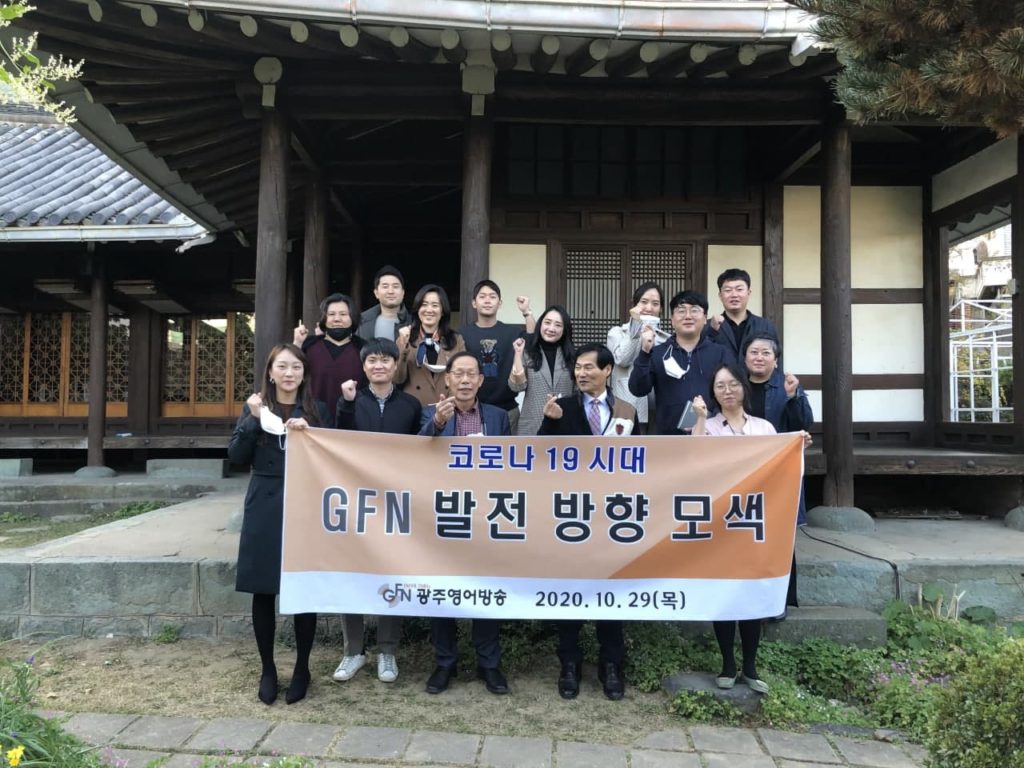
GN: In an attempt to attract listeners (in North America, for example), many radio stations resort to broadcasting edgier but often provocative or even disreputable content. How does the GFN stay relevant without employing this tactic?
Bae Seung-soo: GFN, as a public radio station, has an obligation to comply with the Korea Communications Commission’s review regulations, so it is difficult to produce provocative content like in North American media. However, since its inception in 2009, GFN has maintained its relevance through special programs such as documentary production for the underprivileged, including multicultural families and foreigners in the blind spots of human rights. Last year, we made headlines with a program related to sexual assault by the military during the May 18 [1980] Democratic Movement, and this year we also produced a documentary about undocumented migrant children in Korea. As such, GFN is interested in human rights issues and produces related programs for the globalization of Gwangju – a member of the World Human Rights Cities.
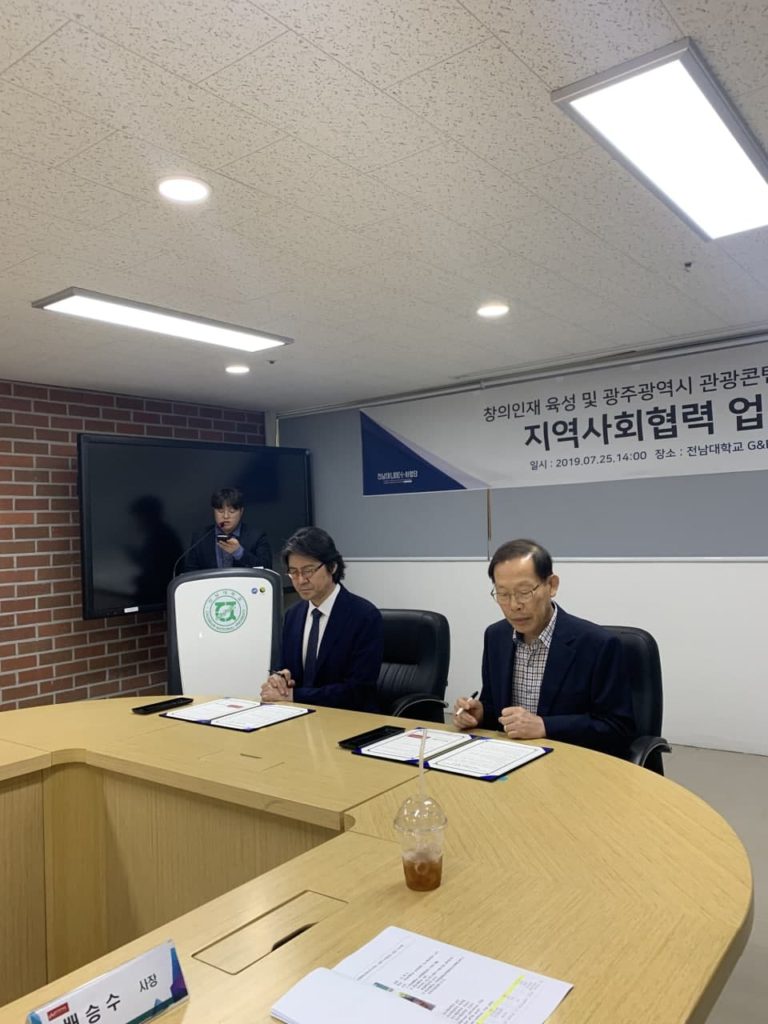
GN: Thank you, President Bae, for taking the time to provide us with this interesting and informative interview. We look forward to abundant and very effective collaboration between our two institutions and much future success for the Gwangju Foreign Language Network.
Photographs courtesy of GFN.
Interview conducted by Melline Galani.



